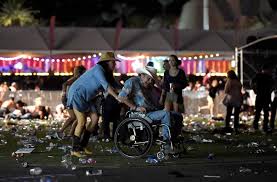
Las Vegas Police: No More Shooters in City
MOSCOW: Las Vegas police said Monday they did not believe there were any more shooters following a shooting incident in the city. Earlier in the day, the Las Vegas Metropolitan …
Read MoreGlobal Indian News

MOSCOW: Las Vegas police said Monday they did not believe there were any more shooters following a shooting incident in the city. Earlier in the day, the Las Vegas Metropolitan …
Read More
“To control corruption, the Central government has taken various policy decisions, yet there is requirement of an integrated policy. Policy should address needs of industry, trade, agriculture and environment which …
Read More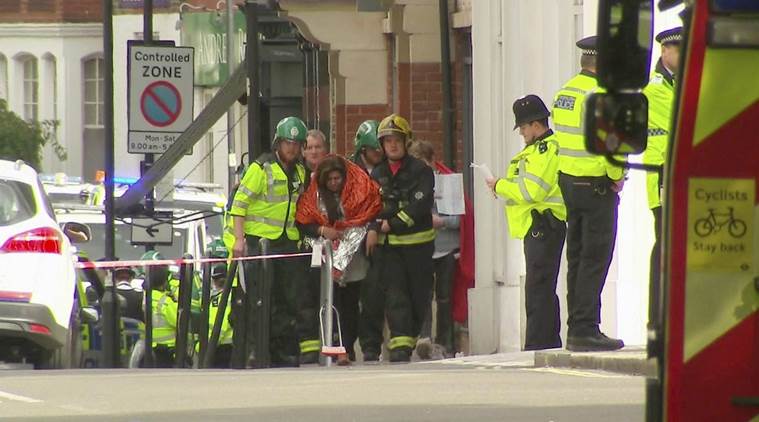
LONDON: An explosion in London’s tube network has left about 29 people severely injured and has put the city on a high alert after the extremist group ISIS claimed responsibility …
Read More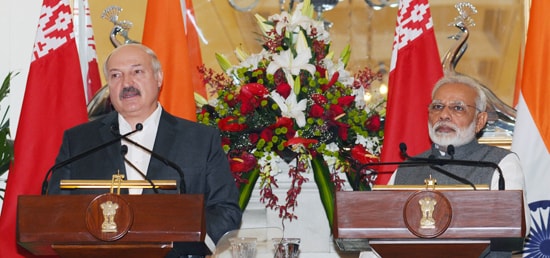
India and Belarus, the resource-rich East European country, have signed 10 pacts in diverse areas, including energy and agriculture and decided to explore joint development and manufacturing of hi-tech weaponry …
Read More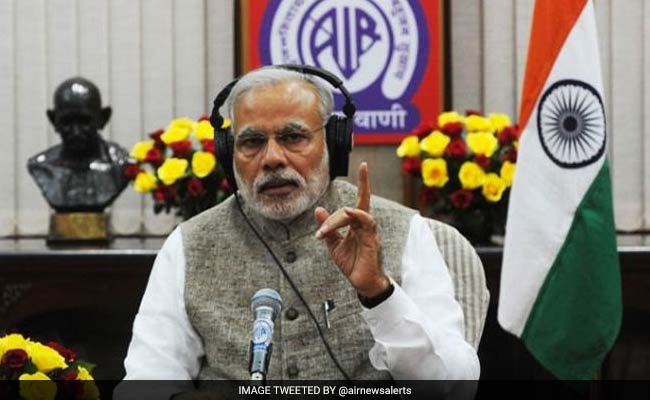
The senseless violence and carnage engineered by followers of the self-styled godman and rape convict Gurmeet Ram Rahim has elicited nation-wide outrage, with Prime Minister Narendra Modi sternly warning that “any person or group of people “taking the law in their hands will not be spared.”
In his radio programme entitled, “Mann ki Baat,” on August 26, Mr Modi said that any person or group of people “taking the law in their hands will not be spared.” Two days after the followers of Ram Rahim unleashed orchestrated violence in Panchkula and neighbouring districts, following his conviction in rape cases, Mr Modi sent out a no-nonsense message, saying that violence in the name of faith is unacceptable.
“India is the land of Mahatma Gandhi and Lord Buddha. Violence is not acceptable in the nation, in any form,” said the prime minister. “I want to assure my countrymen that people who take the law into their own hands and are on the path of violent suppression – whether it is a person or a group – neither this country nor any government will tolerate it. Each and every person will have to abide by the law; the law will fix accountability and the guilty will unquestionably be punished,” he said.

With Rohingya militants targeting Myanmarese security forces, India has voiced “serious concerns,” and rallied to the support of the Myanmarese government at this “challenging moment”. New Delhi’s expression of support …
Read More
Physical connectivity and energy security cooperation among India and six other countries of South Asia Subregional Economic Cooperation (SASEC) programme of Asian Development Bank is set to scale up when …
Read More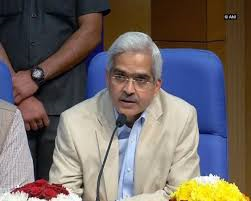
In a boost to India’s Act East policy, Myanmar has formally become a full member of South Asia Subregional Economic Cooperation (SASEC) programme of Asian Development Bank (ADB), becoming the …
Read More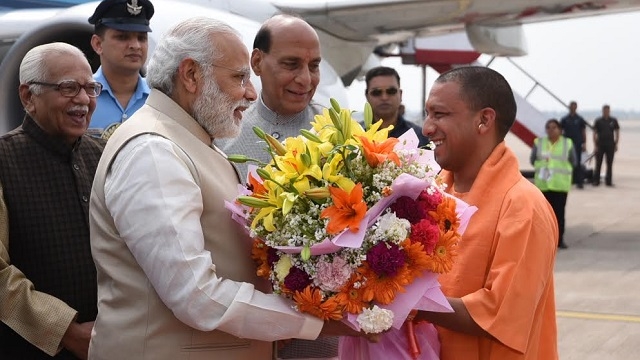
The installation of five-time parliamentarian Yogi Adityanath as the chief minister of India’s most populous state Uttar Pradesh has come a surprise for the media mainly due to his controversial remarks targeting the minority community. What came as an even bigger surprise is that Adityanath, who has represented Gorakhpur Lok Sabha constituency in eastern part of UP since 1998, occupies the top post in the state without any previous experience as an administrator. It is not that the BJP did not have leaders with administrative track record for the post of UP chief minister. There were persons like federal ministers like Rajnath Singh and Manoj Sinha. And yet the mantle fell on Aditynath. In political circles, Adityanath’s appointment as chief minister is being viewed as a powerful signal to the electorate in UP ahead of the national elections in 2019. The BJP is convinced that the consolidation of votes in recent assembly elections in the state was no flash in the pan as was evident in Lok Sabha polls in 2014. This is a trend which the party believes has come here to stay at least till the 2019 national elections in a state where the politics of erstwhile ruling parties, Congress, Samajwadi Party and Bahujan Samaj Party, thrived on pandering to caste and religious fault lines.
By choosing Adityanath to govern India’s largest state, the top BJP leadership has sent across a strong message that it will not be apologetic about its Hindu nationalist credentials and that the country must be ready to expect the unexpected from the party. If BJP finds that the political message of having Adityanath as chief minister works till the next parliamentary polls, it’s fine. But if development take a back seat in the next two years, there is always scope for a mid-course correction because there will be still three years left for the next assembly elections in the state.
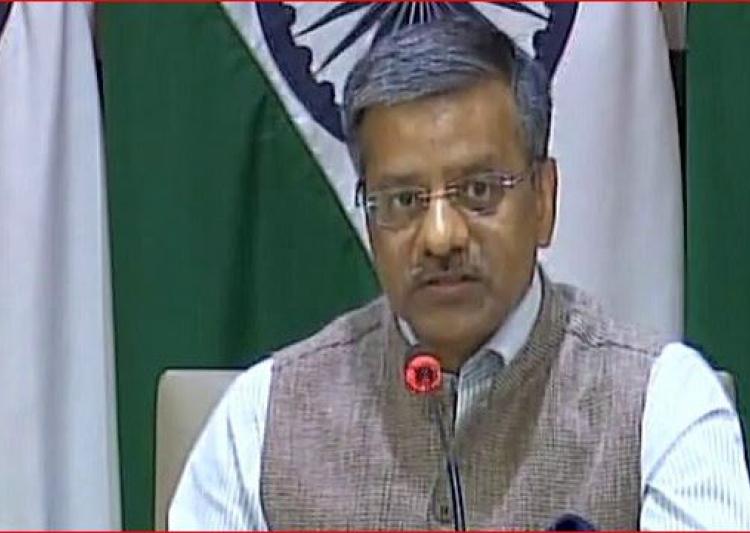
India has termed as “illegal and completely unacceptable” reports emanating from Pakistan that Islamabad is trying to declare Gilgit-Baltistan, also known as the Northern Areas, as Pakistan’s fifth province. In …
Read More